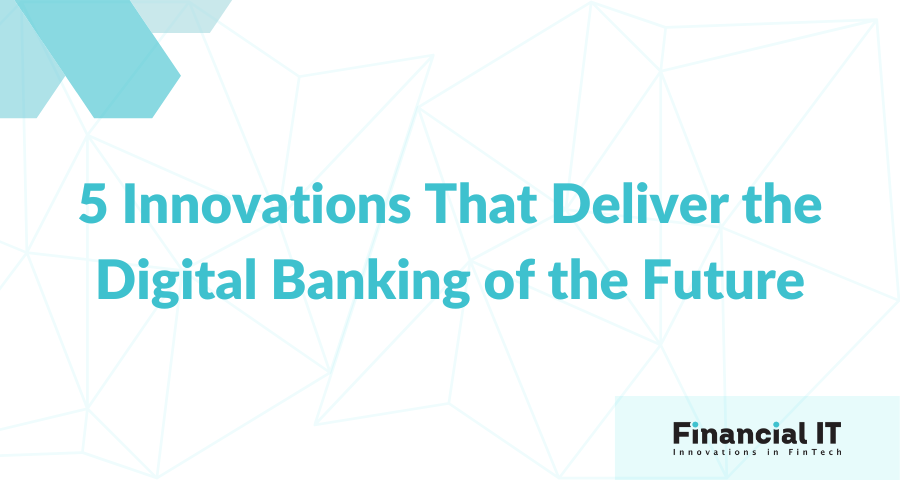State Bank of Texas Launches New Digital Banking...
- 20.02.2026 12:25 pm
Nu Mexico’s Total Investments Expected to Reach US$4.2...
- 16.02.2026 12:55 pm
HSBC Orion Awarded DIGIT Platform Mandate
- 13.02.2026 09:45 am
Nets Partners with Triple To Enhance Digital Banking...
- 03.02.2026 10:25 am
Affirm Submits Applications to Establish Industrial...
- 26.01.2026 08:35 am
Harvard Federal Credit Union Unifies the End-to-End...
- 16.01.2026 01:35 pm
bunq Launches High-Interest Term Deposits
- 17.12.2025 09:25 am
Currensea Strengthens Open Banking Expertise with Ex-...
- 15.12.2025 10:05 am
Smart Money App Plum Granted EMI Licence
- 10.12.2025 11:05 am
FICO Adds Powerful Credit Optimization Tools to AWS...
- 27.11.2025 10:05 am
GFT and FICO Launch Global Partnership in Smart Finance
- 24.11.2025 10:55 am
Starling Bank Joins Forces With FinTech North to Drive...
- 20.11.2025 11:50 am






















